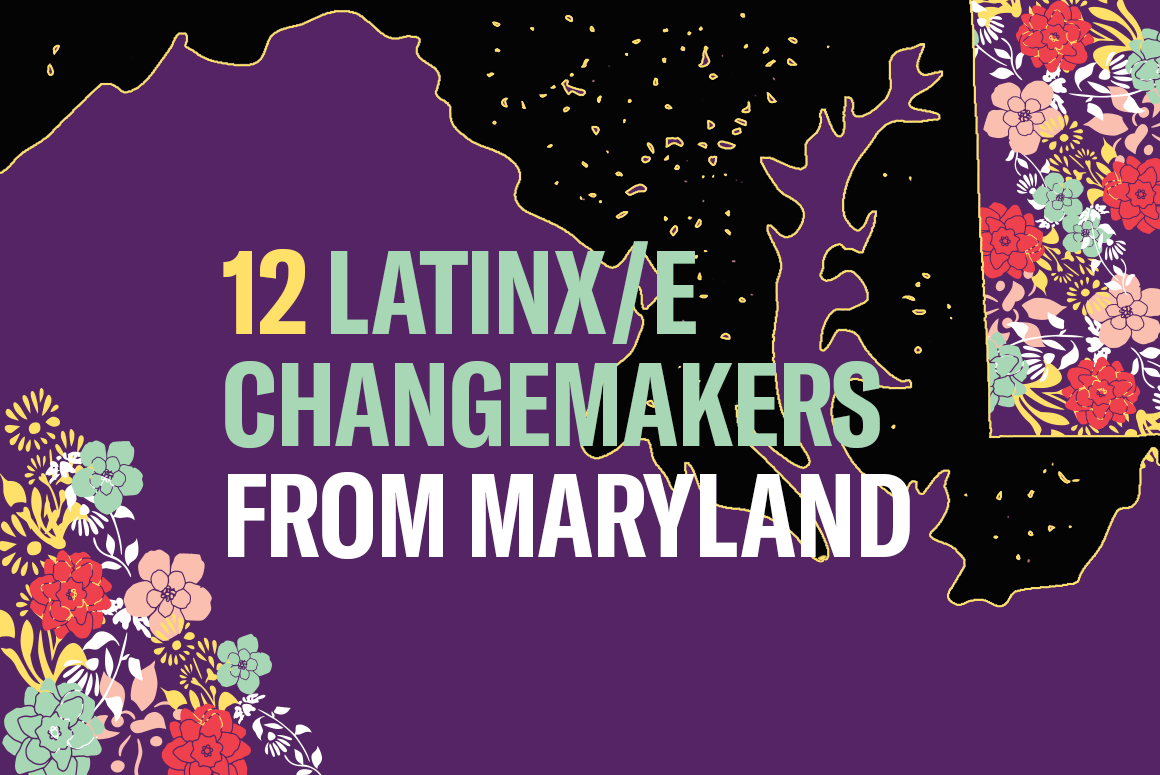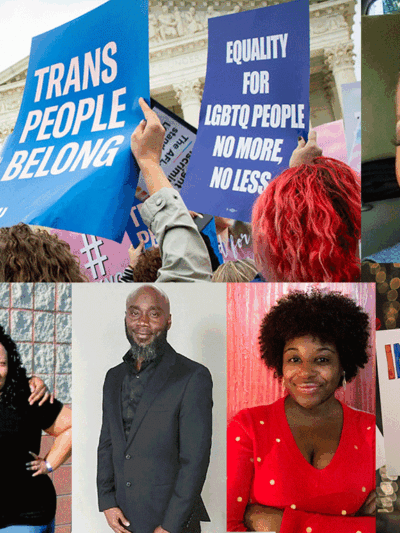News & Commentary
Latest Event
Day of Action 2026: We Keep Us Safe!
We Keep Us Safe! Protect Our Rights!
DAY OF ACTION to protect our immigrant communities and end Maryland's collusion with ICE!
Join the ACLU of Maryland and our partners for a Day of Action on Monday, February 16, in Annapolis. We’ll gather at Lawyer's Mall to demand justice for our immigrant communities and safety for ALL Marylanders. Together, we’ll hold a vigil followed by a rally to amplify our calls for real, meaningful action. Please plan to arrive by 5:00 PM.
Your leadership is crucial here. Be part of the movement to protect civil liberties in Maryland and RSVP today!
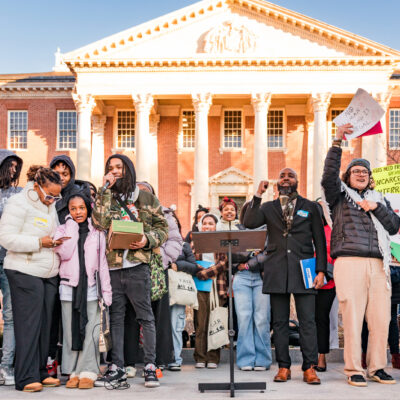
Celebrating Civil Liberties Moments During These Happy Holidays!
The holiday season is in full swing! But as you know, advocating for civil rights is a year-long job. Not only do we want to celebrate the many cultural and religious holidays that occur worldwide during these winter months, but we also want to celebrate some civil liberties moments that occurred during past holiday seasons. We like to think of these civil liberties victories as gifts and these civil rights fights as moments in time that inspire celebration and reflection.
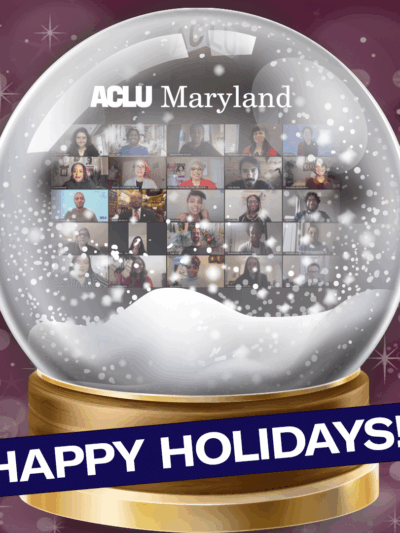
“I am scared for my life”: The Impact of COVID-19 Outbreaks in Detention Centers
Across the country, COVID-19 outbreaks have resulted in hundreds, if not thousands, of reported positive cases among the population of immigrants who are detained. Cases will only increase as we approach the peak of the coronavirus pandemic. Substandard medical care in our detention centers has already resulted in deaths for other illnesses, including a 16-year old boy who died of the flu at the Customs and Border Protection facility in Weslaco, TX. A man in New Jersey died from gastrointestinal bleeding after being denied the necessary medical care to save him.
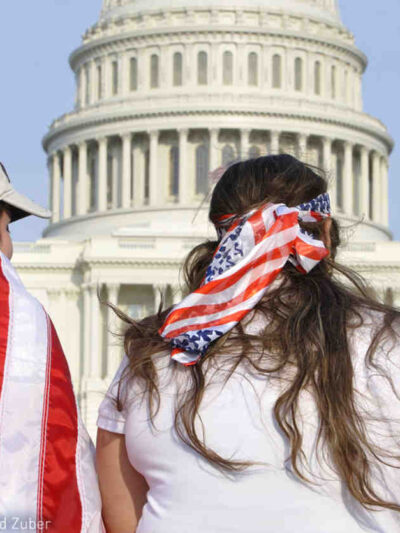
ACLU of Maryland's Top 3 Priorities During the Coronavirus Pandemic
The safety and rights of all Marylanders must matter to all of us.
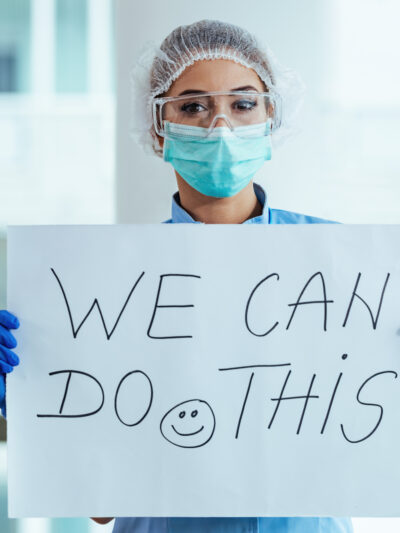
Coronavirus: Give Everyone a Fighting Chance
The Need to Reduce People in Detention Centers is Urgent
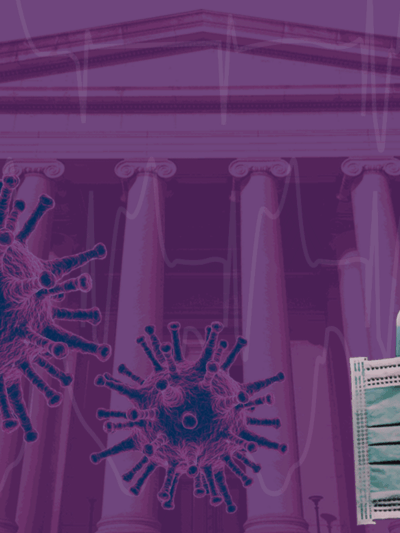
How Marylanders are Making a Difference: Lobby Day 2020
Over a hundred people from across the state attended this year’s Lobby Day and demanded action from their state legislators. From Western Maryland to the Eastern Shore, our members demonstrated that one way to make an impact in your community — and our state capital — is through advocating in person by meeting with your elected officials.
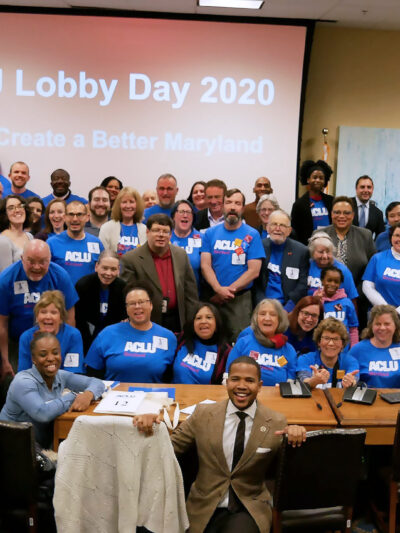
Seven Truths Surrounding 287(g) Programs
Currently, three Maryland counties – Frederick, Cecil and Harford County – are actively using local police agencies to target and cage immigrants for U.S. Immigration and Customs Enforcement as part of the 287(g) program. The 287(g) program deputizes local police as federal ICE agents who receive minimal training and are incentivized to use racial profiling tactics against mostly Black and Brown immigrants. The belief by some that programs like this keep communities safe stem from several myths. Let’s set the record straight.
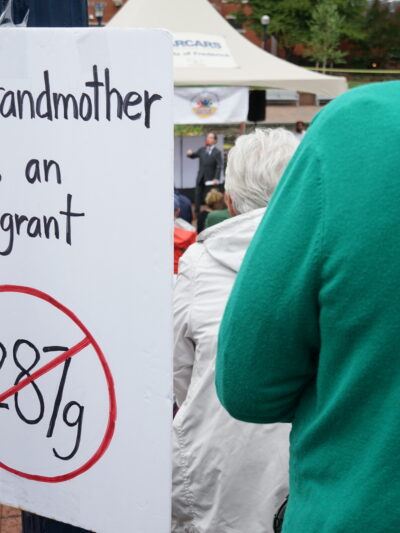
Embracing Our Community
On Tuesday Nov. 12, crowds gathered in front of the U.S. Supreme Court for the “Here is Home” rally, holding signs that read “Defend DACA” and “Let Dreamers Dream.” In the cold pouring rain, protestors cried, “Ni la llueva, ni el ventó, detiene el movimiento,” which translates to neither the rain nor the wind stops the movement.
By Neydin Milián
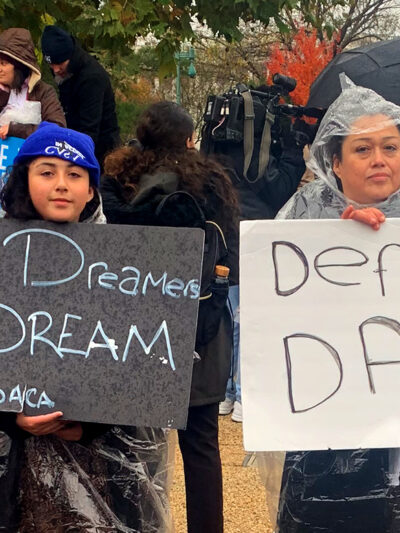
Latinidad and Persecution
Latinidad is complicated for me. It’s the transgenerational trauma passing through our bloodlines. It’s the constant reminders of the horrors our ancestors suffered and the atrocities some of our other ancestors likely committed. Latinidad is being hurt, learning from our abusers, and subjecting our very own to that same persecution. Latinidad is a violent term in itself: A monolith that erases Black and Indigenous people, it works to silence the experiences of non-white/mestizo people both in the United States and abroad.
By Jay Jimenez
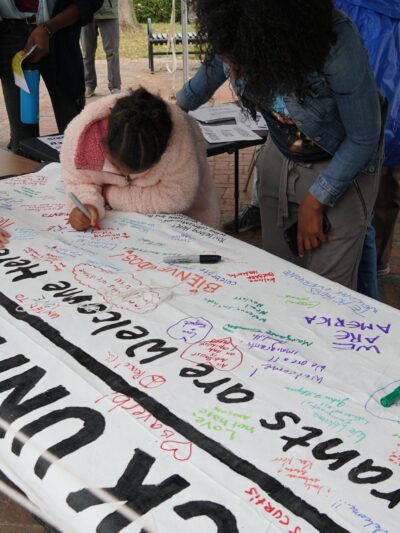
Stay Informed
Sign up to be the first to hear about how to take action.
By completing this form, I agree to receive occasional emails per the terms of the ACLU’s privacy statement.
By completing this form, I agree to receive occasional emails per the terms of the ACLU’s privacy statement.

